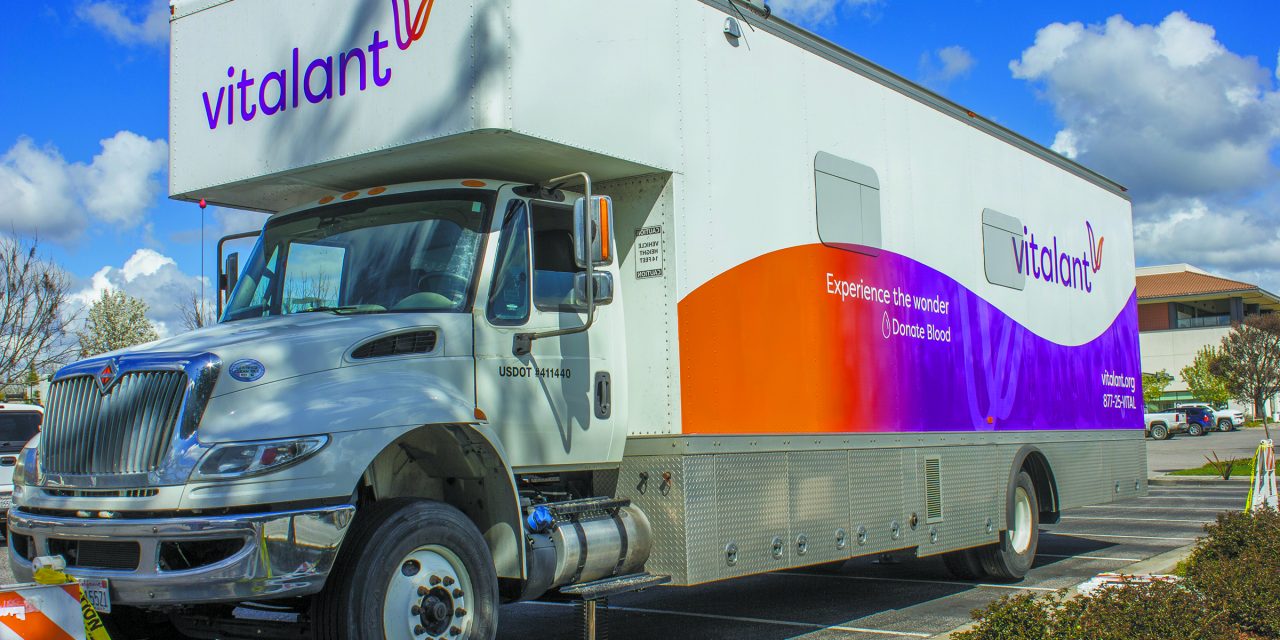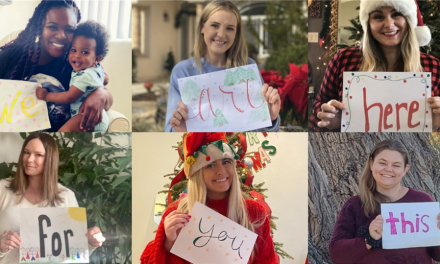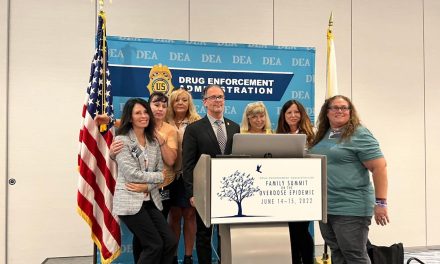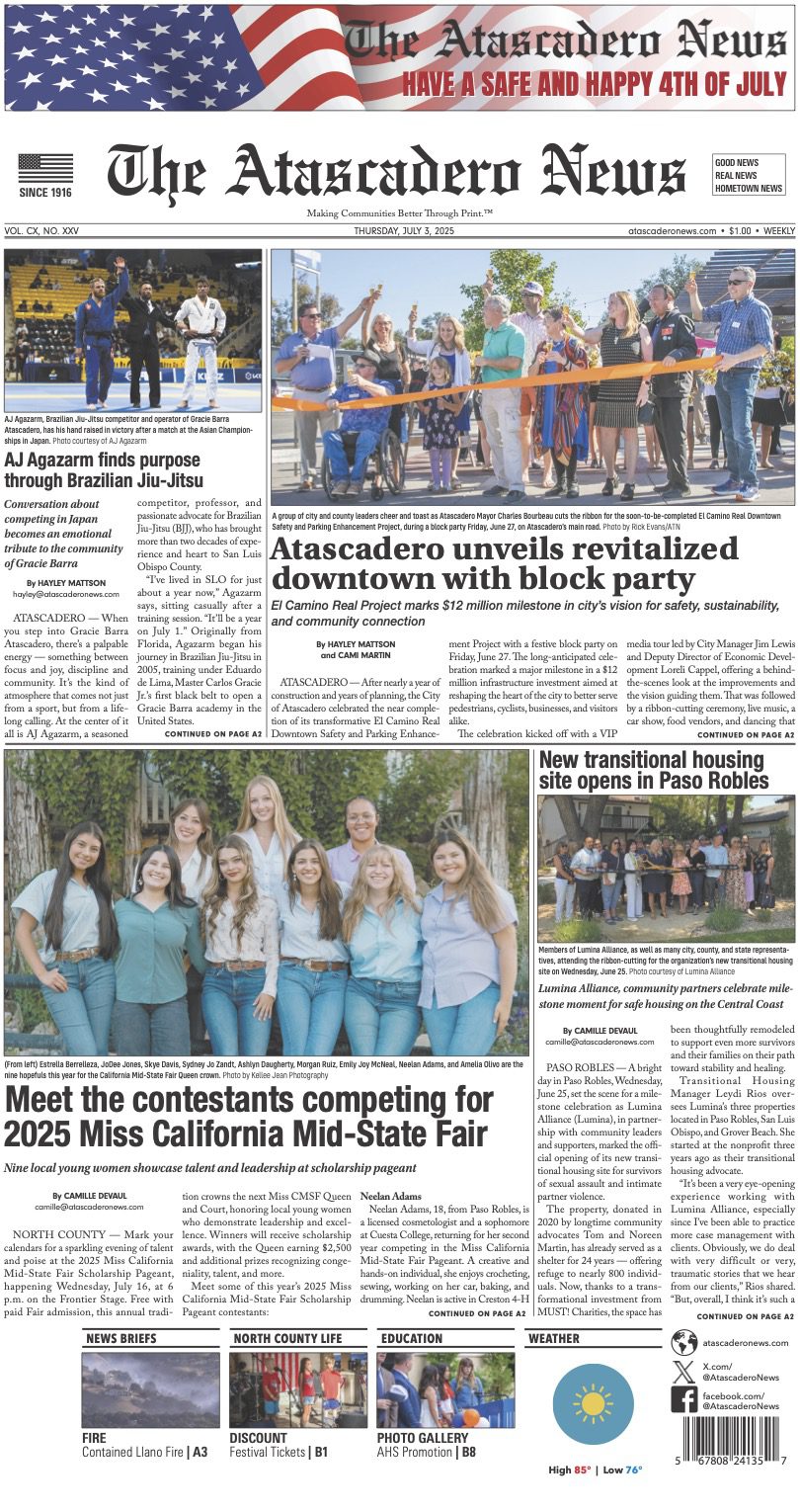SAN LUIS OBISPO — On Thursday, Mar. 19, Governor Gavin Newsom reminded California residents of the need to give blood during this tumultuous time.
“If people are feeling healthy and good and well, then they should definitely being coming out to donate,” said Mona Kleman, Senior Manager/Donor Recruitment for Vitalant, a nonprofit blood collection organization.
Blood donations are taking a significant hit during the coronavirus pandemic. With numbers already low during flu season, the coronavirus pandemic shelter-at-home orders issued by the County of San Luis Obispo and the State of California have slowed donations to a trickle. Schools, a major source of donations to the medical community, were forced to cancel appointments due to the countywide closures.
“We have had multiple cancellations as a result of schools being closed,” Kleman said. “This time of year is a very busy time at high schools for us. All of the mobile drives that we had set up with Cal Poly in the next few weeks have also been canceled because they have gone virtual.”
Serving the community for 50 years, Vitalant operated under names such as the United Blood Services, and some Central Coast natives might remember them as Tri-county Blood Bank. Vitalant operates a mobile medical unit, where it parks in various locations throughout the County an invites people to donate blood.
“We’re scrambling, trying to find places to park our bus,” Kleman said. “Obviously, filling that many voids is very difficult and challenging and I don’t expect that we will be able to do that. We have filled a few of those days, but we still have many of those days that are open without drives being scheduled. We do consider donating blood as an essential activity that is necessary to the health and well being of the community. So it does fall under acts or events that are essential. We don’t consider blood donation drives a gathering. It’s really something that you are doing to ensure the health of your friends and neighbors and the community.”
Each donation, approximately a pint of blood, provides up to three units that contain platelets and plasma. According to the American Red Cross, one car accident victim can require as many as 100 units of blood, and approximately 36,000 units of red blood cells are needed every day in the U.S. Nearly 7,000 units of platelets and 10,000 units of plasma are needed daily in the U.S. alone. Kleman said that donations aid more than trauma victims and that cancer patients have the greatest need for transfusions.
“Often time their ongoing therapy can take months or even years, and during that time period than can receive multiple transfusions,” Kleman said.
Prior to giving blood, donators must go through a short screening process than involves answering a brief questionnaire and a minor health examination that takes essential vital readings such as blood pressure, temperature, and pulse.
For more information or to find a location to donate blood, visit blood4life.org or Vitalant.org.















